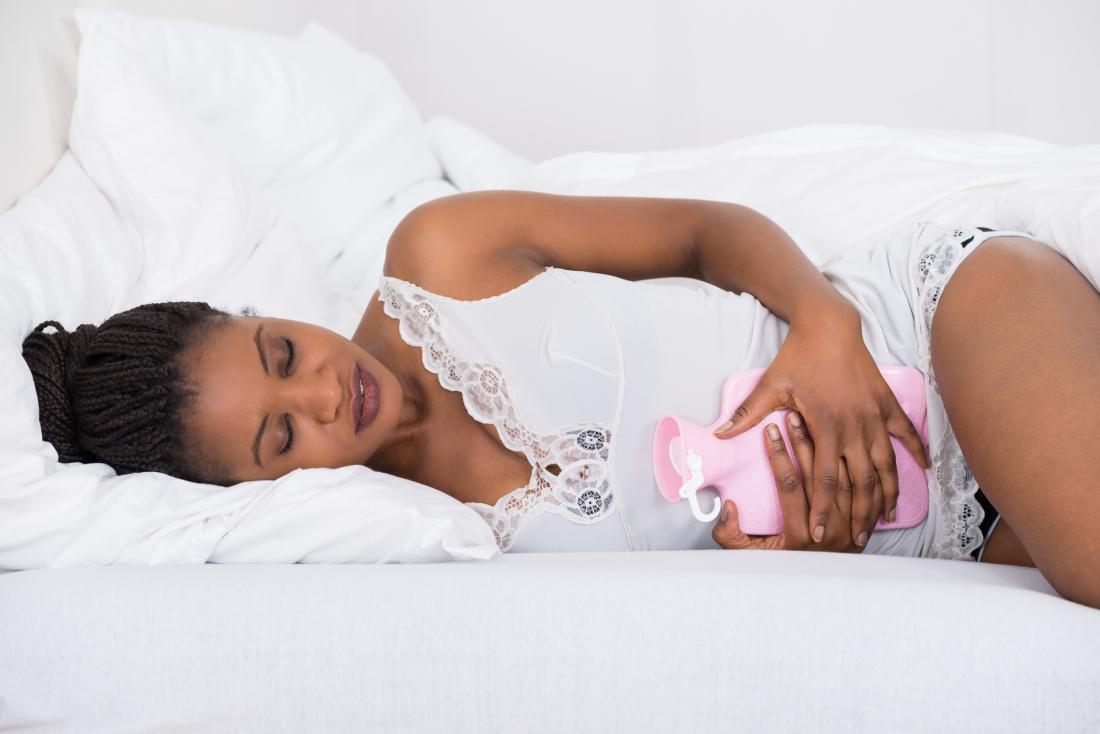5 menstruation myths you must leave behind

Approximately half of the world's population experiences, will experience, or has experienced menstruation, and yet myths about this biological process still abound. In this Spotlight feature, we debunk some of the most widespread menstruation misconceptions.
As of 2017, the world's population numbers 7.53 billion people, of which 3.73 billion are born with female genitalia.
Virtually all of them do, have, or will go through menstruation (period), the part of the menstrual cycle in which the uterus sheds mucosal tissue alongside blood through the vagina.
Periods can last between 3 and 7 days and usually occur every 28 days, though menstrual cycle lengths can vary.
Although this biological process affects about half of the world's population, many myths and misconceptions about it persist.
Cultures around the world still vilify menstruation, and consider period blood "dirty" and "impure," and menstruation itself as a taboo topic.
For instance, although this practice is now mostly illegal, some communities — as a series of recent tragedies in Nepal suggest — still have the so-called "menstruation huts," in which women on their period spend the days in which they bleed in complete isolation.
Though this is an extreme example, there are many smaller myths and misconceptions related to menstruation that remain in circulation across the globe.
Read this Spotlight feature to find out what some of the most popular misconceptions are, and why they are untrue.
1. Sex on your period
Some of the most widespread myths regarding menstruation gravitate around sex while on your period, with the top contender likely being that you cannot get pregnant while menstruating.
heterosexual couple having sex
You can absolutely get pregnant if having unprotected sex on your period.
However, this idea is entirely false. While it is true that, in many individuals, menstruation is the period when they are least fertile, it really depends on the length of their monthly cycles.
Peak fertility occurs during the ovulation stage — which usually kicks in approximately 12 to 16 days before the start of the next period — when the ovaries produce and release fresh ovules (eggs).
And while most menstrual cycles last about 28 days, some cycles can be as short as 21 days, which also impacts when ovulation takes place. Moreover, sperm can live inside the genital tract for up to 5 days or, according to some sources even 7 days.
Thus, having unprotected vaginal sex during your period could mean that the sperm gets to linger for just long enough to coincide with ovulation and fertilize an egg, resulting in pregnancy.
Moreover, if you have unprotected sex during menstruation, the risk for getting a sexually transmitted infection (STI) — including HIV — or a yeast infection, due to the hormonal changes that occur at this time.
Vaginal-penile sex during a period can also, in some cases, cause inflammation of the penis head — a type of infection called "balanitis."
Still, as long as you take all necessary precautions to avoid an unwanted pregnancy and the transmission of STIs, there is no reason not enjoy sex while on your period — to the contrary, in fact, as sex can help relieve cramps and improve your mood.
